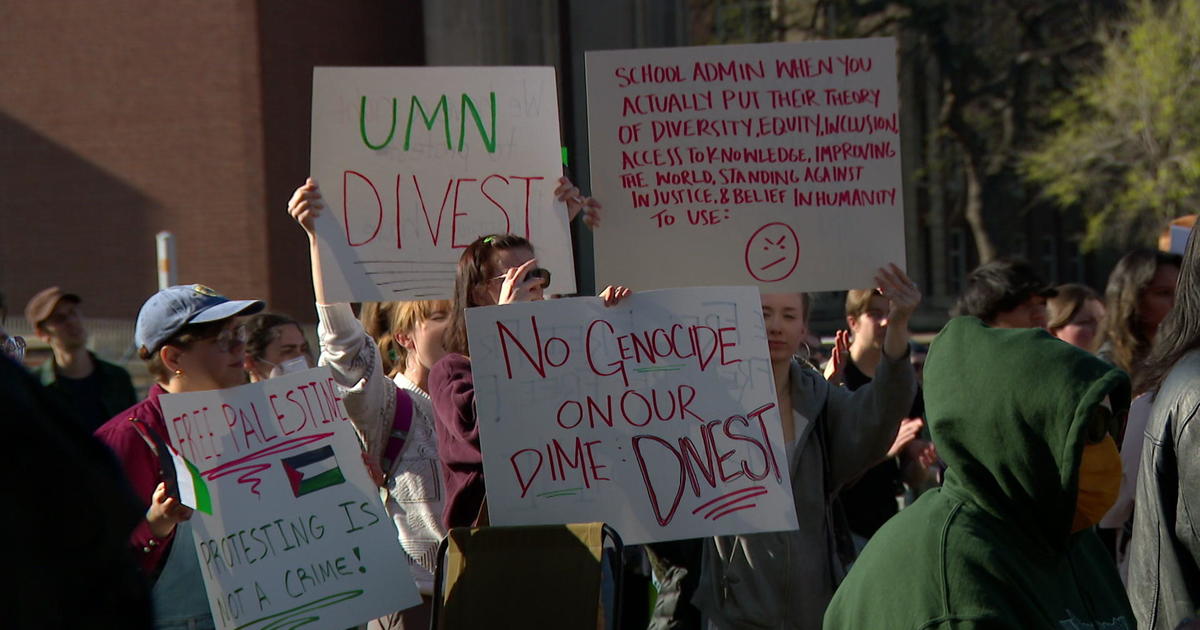The High Difficulty Of Diagnosing Ovarian Cancer
MINNEAPOLIS (WCCO) -- It is a type of cancer known for being one of the "bad ones."
Fifty percent of women diagnosed with ovarian cancer do not make it past five years.
It is not necessarily because it is so hard to treat -- it is because ovarian cancer is so hard to find.
Anita Lubov knew a lot about cancer; she was a professional. Her daughter, Janet Lubov Arnold, sat down with WCCO.
"She treated patients with cancer, and then she, later in her life, got ovarian cancer," Lubov Arnold said.
Even with her nursing expertise, her son-in-law, Josh Arnold, explains it just snuck up on them. She had just volunteered at a breast cancer event.
"What they thought was a stomach issue was stage four ovarian cancer," Arnold said.
She died quickly at 72.
"Ovarian cancer is an insidious disease, and it takes a village," Lubov Arnold said.
Part of the frustration is that it is incredibly hard to diagnose. Just ask survivor Pam McDonald.
"I went to one doctor saying, 'Do I have a hernia?'" McDonald said. "Three doctors missed me, I'll just tell you, and this is very common with ovarian cancer."
The symptoms, like frequent urination and bloating, mimic those of menopause.
Dr. Melissa Geller specializes in gynecological cancer at the University of Minnesota.
"What we've found is that patients get passed off from one doctor, so they see their internist, and then they see a GI doctor, and then they see another doctor," Geller said. "These women have been having bloating, increasing abdominal pain, you know, trouble urinating for months and even up to years prior to them seeing a gynecological oncologist."
Like in McDonald's case, who was stage three, and Anita at stage four -- late stage prognosis can be grim.
"And that's the real problem," Geller said. "By the time we find it or we get to it, it's so advanced."
So Anita Lubov's family is collaborating with Minnesota Ovarian Cancer Alliance.
"So my dad just thought when she died, what better way to honor her than provide a scholarship for nurses to do this," Lubov Arnold said.
The scholarship sends nurses and physician assistants to conferences to learn more about the hard-to-spot cancer.
"Maybe one of these nurses will come up with something that will be relayed to working with the doctor and working with the whole team that will make a difference," Lubov Arnold said.
It is a quest to find answers early, before it is too late.
Click here to learn more about the group or the scholarship. And click here to donate to MOCA. Those who donate $25 or more will get a free tree ornament from HOM Furniture.
And we hope when you hang your ornament, you will share a photo of it with us -- and we will share those photos on TV.



